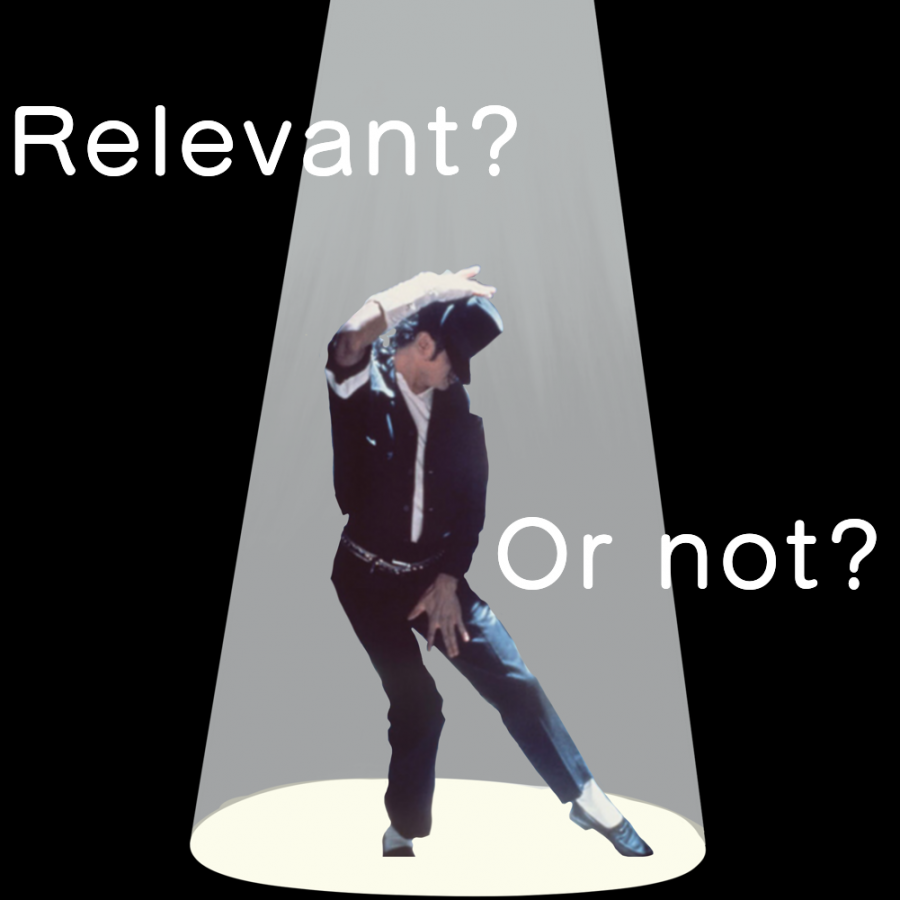Are Assault Allegations Relevant After Death?
Should sexual assault cases be considered relevant after the assailant’s death?
Mar 8, 2019
Beginning with the #timesup movement, believing survivors of sexual assault has been of the utmost importance to prevent these events from occurring again. Recently, a documentary called “Leaving Neverland” was released which discussed the charges of molestation of young boys by Michael Jackson and included interviews of the now-grown boys who were allegedly molested by Jackson. However, many people have been asking the same question: why does it matter, now that he is dead? The reason it does, in fact, the matter is that these celebrities, such as the “king of pop,” are still living in their glory. They are living in the memory of their songs and are admired by the public. It may be impossible to charge them with a crime, but it is still vital that these occurrences are brought up because the person who has committed such heinous crimes does not deserve so much positive recognition. Further, if the victim is capable of speaking up but feels pressured not to, their mental health is at risk.
“I don’t know much about the topic; most of the information I have is from my biased parents because they completely love Michael Jackson and can’t believe he is capable of that. Personally, I don’t think he did it, and I think I read somewhere that the parents of the kids who testified made the kids do it for money. If that’s true then it’s pretty sad because he was an amazing performer but got completely overshadowed by lies,” freshman Viviana Gimon said.
People who commit sexual assault, no matter what their social class is, should not be looked up to or admired. If individuals like Jackson were not famous, would their guilt still be doubted? Although it is hard to believe that such an accomplished artist can be capable of such an offense, the general public only knows what that artist allows them to see. Just because a person is famous and successful does not necessarily mean they cannot be a predator. To end the acceptance of rape and sexual assault once and for all, it is pertinent that even after death, these allegations must be examined, and the victims who put their entire lives on the line to tell their story need to be taken seriously.
Many people question why victims decide to speak up after the death of the person who is accused. In many cases, it is not a choice. As a result of the trauma they went through, they are not mentally capable of speaking up because of fear, paranoia or Post-Traumatic Stress Disorder (PTSD), which results in anxiety and disturbing thoughts in the aftermath of the event. According to the American Psychiatric Association, people with PTSD try to completely avoid any interactions that involve speaking or even thinking about their trauma. This is the reason why victims do not always speak up right away. When a person has been assaulted or raped by a celebrity, it is hard to accept the fact that it happened, especially if the aggressor has so much power and fame that they can use to defend their public image. Although it might be considered “too little, too late,” speaking up at a later time (including after death) is still speaking up, and even though they cannot be reprimanded as they would be when they were alive, their legacy is forever stained because of their actions. Even though he passed away, Michael Jackson (like all others in the same situation) should not be looked up to as “the king of pop,” but rather seen as a man who used his power and fame as an advantage to sexually assault boys.
“I personally don’t think it [is relevant] at this point because if they were to detect or discover anything, there wouldn’t be much to do about it now,” freshman Nataly Leiva said.
In summary, it is completely necessary to take assault or rape allegations seriously even if the accused person (such as Michael Jackson) is dead because their legacy lives on but does not exemplify who they truly were and what horrible things they might have done. People often only see one side of a celebrity’s life and could not have even imagined that the person was capable of assault before the victim spoke out. It is never too late for people to speak up about their experiences of sexual assault because of how traumatic it is to go through what victims did. Mental health issues such as paranoia or PTSD keeps them from speaking up at an earlier time. Every victim is different, and if they cannot speak up when it first occurred, they should still speak up once they are ready.
















